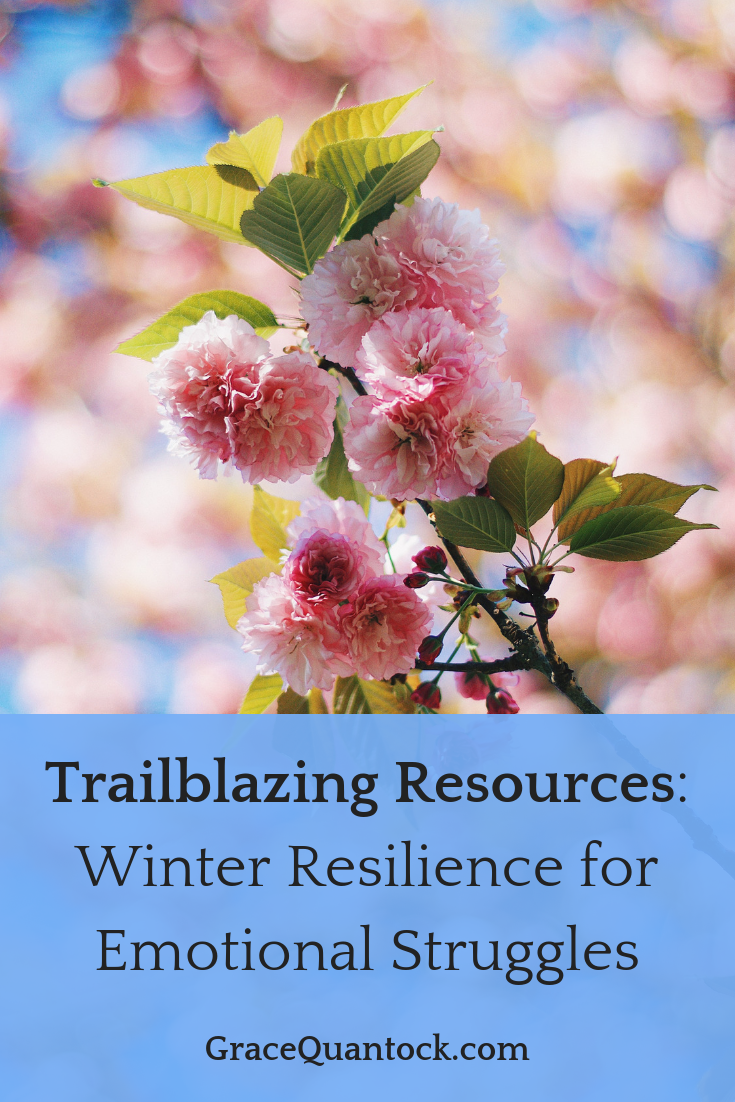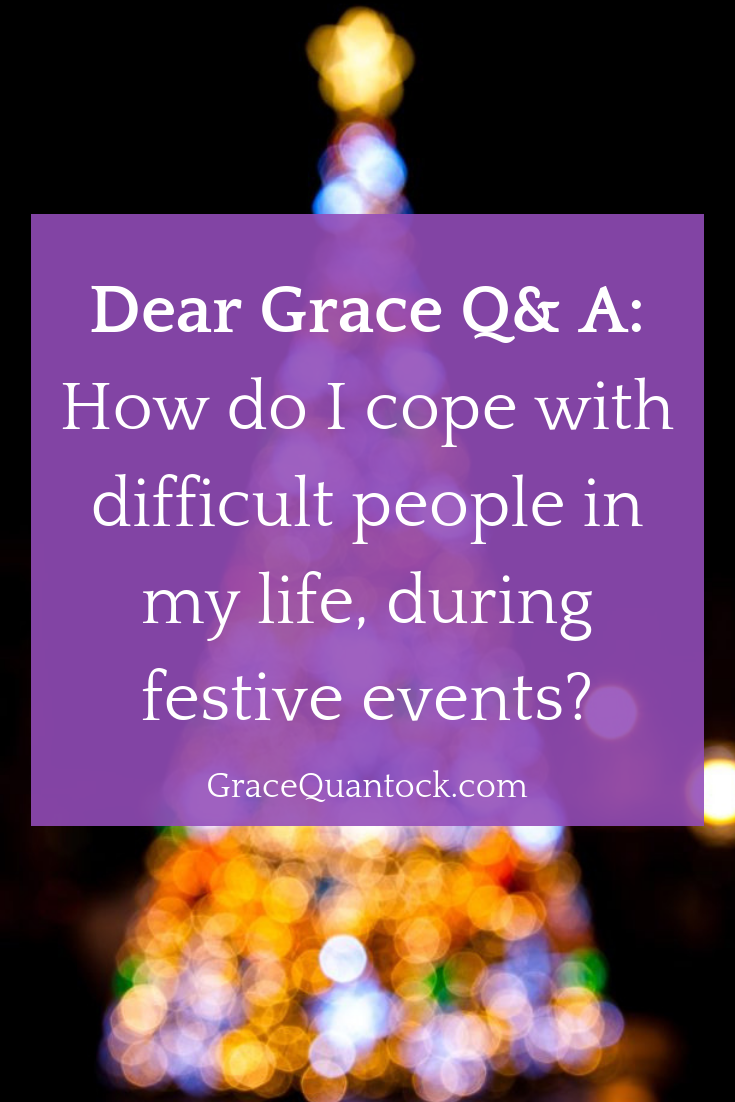Immune Suppression and Winter Loneliness
 We had the first proper frost here yesterday. The grass was crunchy underfoot (and wheelchair wheels), the air was bitingly cold. My yoga trousers did not provide enough protection and Linus dashed back into the house to grab my fleece lined leggings (yes, they exist, yes, they are awesome).
We had the first proper frost here yesterday. The grass was crunchy underfoot (and wheelchair wheels), the air was bitingly cold. My yoga trousers did not provide enough protection and Linus dashed back into the house to grab my fleece lined leggings (yes, they exist, yes, they are awesome).
There are lots of wonderful things about winter but it can be very isolating.
In winter it’s easier to get lonely, especially if you have a chronic illness or need to stay at home for any reason (caring for small children/an adult, working from home, living in an isolated area, etc.).
I’ve just had a viral infection, and last winter I had chest infections and got pretty ill. So this winter, we are trying to avoid infections as much as possible. Because what makes someone else sort of ill, can make me incredibly ill. And if I can’t speak I can’t work.
However, this means I haven’t seen my grandmother for a month or my mother for a little longer. Because they are both ill and don’t want to infect me. That’s tough. And I expect it’s tough for you too.
We all struggle to move in the coldest, darkest times. Dragging yourself out in the evening can feel like so much more of a struggle when it involves putting on all the layers, and risking the kind of people who hug you and then say, ‘oh, I’ve got the most dreadful cold, so sorry.’
With that in mind, I have some tips on how to manage loneliness in winter:
1. Creative Communication
Perhaps you can’t visit people as you’d like. But that doesn’t mean you can’t communicate. What about phone calls, Skype, FaceTime, Google Hangouts, texts about your day to day and yes, actual, physical letters?
What would cheer you up more than getting a lovely gift through the post on a cold, grey, achy morning?
Communication does take effort. I have reminders programmed to repeat in my calendar that prompt me to stay in touch. Otherwise it’s all too easy to drift into hermitage and then suddenly wonder, weeks later, why you feel so isolated. Set your systems in place and reach out today.
2. Think Immune Safety
I know for some it’s just a cold, but for others it could be a matter of serious illness. Let’s prevent the spread of illness as much as possible and think immune safety.
If you are ill, and infectious, is it possible for you to stay away from people at risk of infection?
Is it a good idea to push through your life, because you aren’t that ill. Or is it a better idea to rest, let your body heal more swiftly?
3. Understand How Illnesses Spread
We all think we know, but if more people followed hygiene advice, I imagine we’d have less colds and flu. Generally a person with a cold becomes contagious two or three days before their symptoms begin and remain contagious until all their symptoms are gone.
“Cold and flu viruses can be passed through tiny droplets of mucus that are sneezed or coughed out into the air by an infected person, and breathed in by another person. If an infected person sneezes into their hand, and then touches an object (such as a doorknob, or railing on a train) the virus can pass from the object to the next person who touches it.
By washing your hands, you will be getting rid of any viruses you’ve picked up on them.“ – How the cold virus spreads
Hand sanitizers are a contentious issue. I’ve used this and this and I’m happy with them.
4. Plan Your Escape
Maybe you are ill and stuck at home, bored.
Perhaps you are having chemotherapy and need to avoid catching an infection when your immune system is surprised.
It could be you have a chronic lung infection and more virus issues are the last thing you need.
Can you still leave the house, just not where there are lots of people coughing?
What about a wintery walk, well-wrapped up?
A film at a small cinema in the afternoon when it’s mostly empty?
A wander around the art gallery first thing in the morning?
Or time on the beach when it’s just you and the waves?
Getting out is essential, if you can. But all this can be lonely, and loneliness hurts. Some believe it’s bad for health. So how can you create connections when not in person?
Luckily if you have access to the internet, there’s a world of connections available online, from message boards to forums, paid clubs and free groups. Do join me here.
What are your plans to stay connected this winter? Let me know in the comments.
You May Also Like

Trailblazing Resources: Winter Resilience for Emotional Struggles
February 4, 2019
Embark on a Journey of Self-Discovery: Creative Therapeutic Journaling Workshops in 2024
January 24, 2024
Dear Grace Q & A: How do I cope with difficult people in my life, during festive events?
December 3, 2019As Seen In

Sign up for my free monthly newsletter
Postcards
From The
Margins
Written from my heart to yours, packed with curated resources, inclusive support and ways to live well when hurting.
Sign up and you'll also get my Pre-Appointment Pep Talks Programme. 10 days of audio coaching sessions to prep you for challenging medical work or life appointments.


